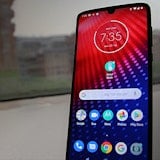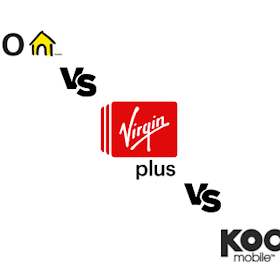
 The internet has gone crazy over Google’s recent announcement of its plans to acquire Motorola Mobility – the wing of Motorola responsible for the design and manufacturing of mobile devices. Despite being huge news, this move certainly raises the question: “why?”
The internet has gone crazy over Google’s recent announcement of its plans to acquire Motorola Mobility – the wing of Motorola responsible for the design and manufacturing of mobile devices. Despite being huge news, this move certainly raises the question: “why?”
Google’s approach to hardware has traditionally seemed casual at best, relying on its 3rd party manufacturers to design the devices while Google itself focused on the Android software platform. Of course, there have been Google branded phones. The Nexus One and Nexus S spring to mind, with the Nexus Prime rumored to be well on its way. But that’s hardly an indication of a desire to enter the hardware market with guns blazing.
There are 2 major theories as to why Google has decided on this acquisition.
- Google wishes to take a more direct role in the future of Android from a hardware perspective. By knowing ahead of time exactly what each new iteration of Android will be capable of Google will have the hardware advantage, as it will be able to design and manufacture hardware that is specific to the next Android update well before the details are announced to the competition. This will not only profit Google directly through the sale of handsets, but also through sparking new competition within the Android market that will force Android’s big players like Samsung and HTC to come up with new and even more innovative devices than they have previously had to.
- Google needs more ammunition if it wants to hold position in the Patent Wars. Motorola Mobility is said to own somewhere around 17 000 patents, almost all of which are specific to mobile handsets. Although Google assures the media that Motorola Mobility will continue to act as a separate entity, this new strong relationship could seriously come in handy next time Apple, or anyone else, launches another patent attack at Google.
The answer likely lies somewhere between the two theories and, of course, there are going to be other factors to consider. At the end of the day the move sounds like a positive one for both Google and Motorola, as Motorola Mobility recently posted a $52 million loss in Q2, so a close relationship with its operating system designer is sure to help out a little.
Motorola has always made solid devices, but in recent years it seems like it’s constantly been lagging just a little bit behind the pack. Hopefully this move will provide the little boost Motorola needs to catch up with the Android market leaders and spark a bit more competition amongst the top-dogs. After all more competition almost always means more choices and better prices for the consumer.
Related Articles
Find Better Phones and Plans
Hundreds of cell phone plans unpacked. All the facts. No surprises.






































